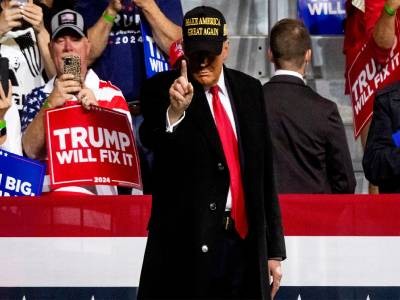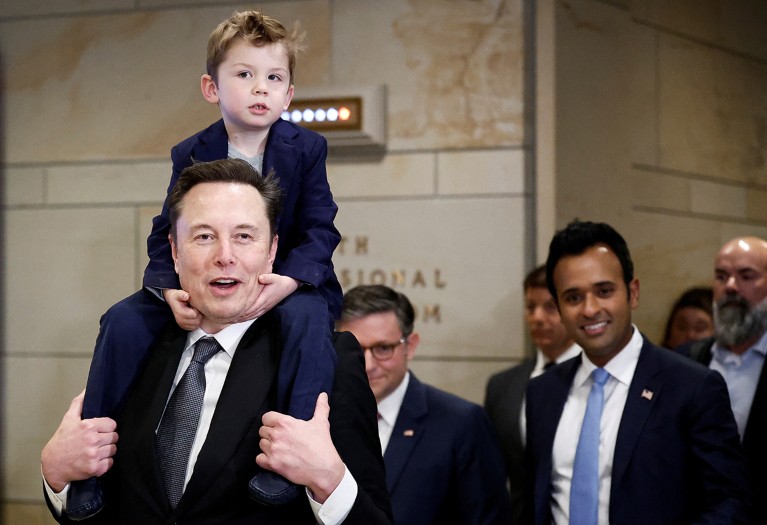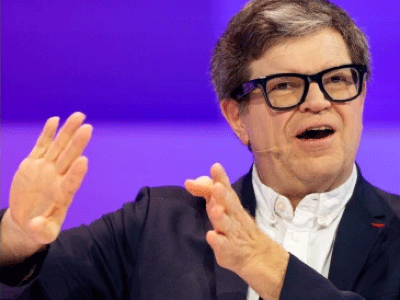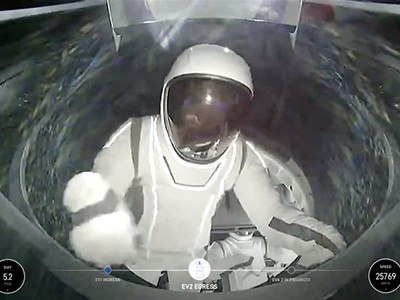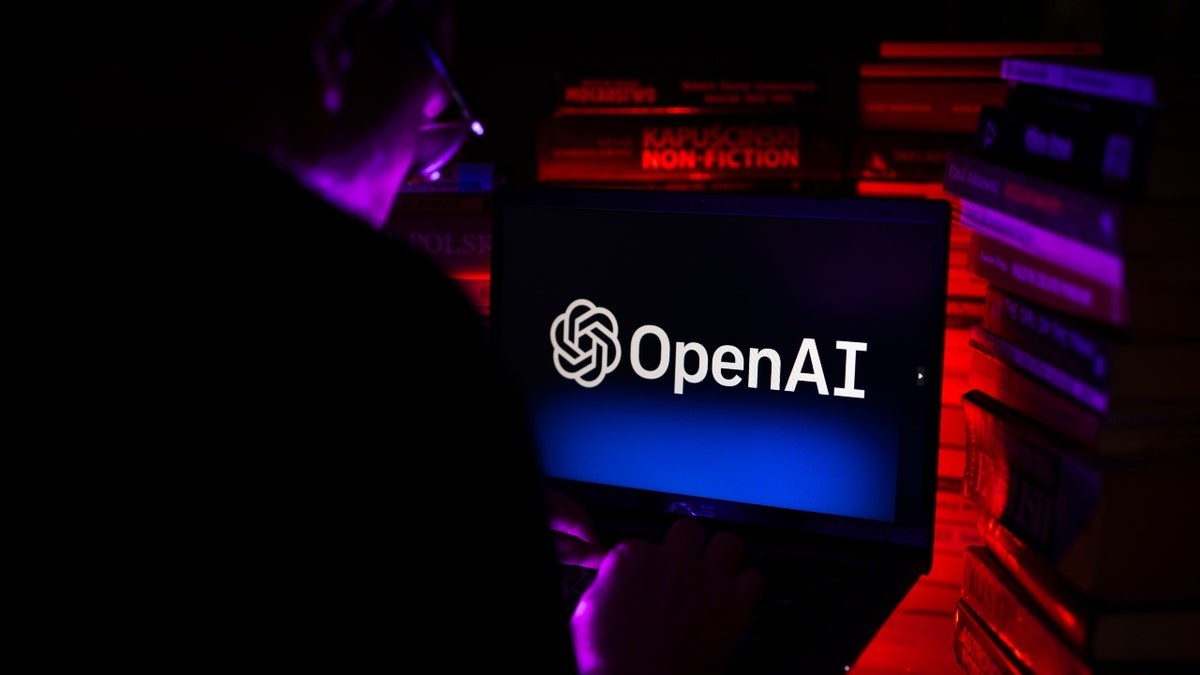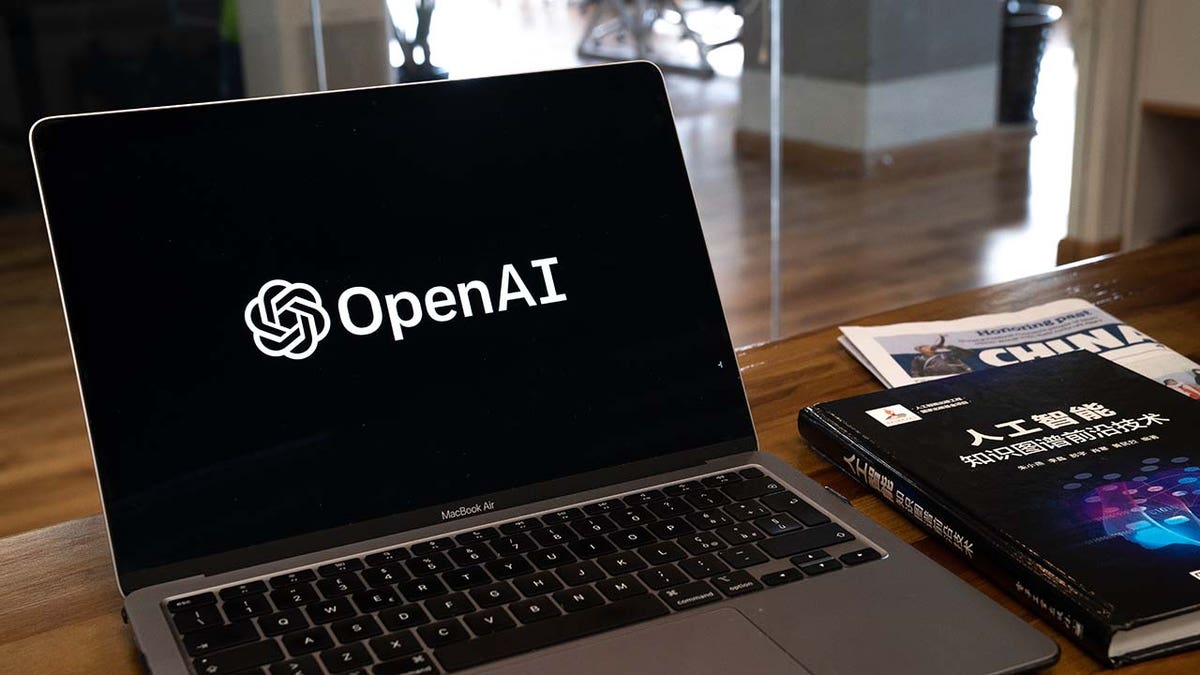Following auditor changes and Nasdaq-100 Index exclusion, Nvidia (NVDA, Financials) partner Super Micro Computer (SMCI, Financials) is down notably; the stock is down 11.8% in pre-market trading on last look.
The Nasdaq Stock Exchange will take Super Micro Computer off the Nasdaq-100 Index on Dec. 23. Periodically changing, the index highlights the biggest non-financial companies active on the market.
Apart from the index exclusion, Super Micro Computer's accounting policies under examination. October saw Auditor Ernst & Young leave under internal control and governance concerns. Following the appointment of BDO USA as an auditor, the business asked Nasdaq to postpone financial reporting. Senior management has not shown any wrongdoing according to an independent examination, so the business does not expect financial restatements.
Though these changes, Super Micro Computer has expandedespecially in artificial intelligence. Leading supplier of high-performance AI servers, the company's stock price skyrocketed early in this year.
The present problems of the corporation cause increased volatility in its shares. Investor worries about governance and future prospects have caused shares to fall.
Super Micro Computer wants to comply and keep its Nasdaq listing. The corporation is strengthening governance and appointing a new CFO to help to allay investor worries.
This article first appeared on GuruFocus.



